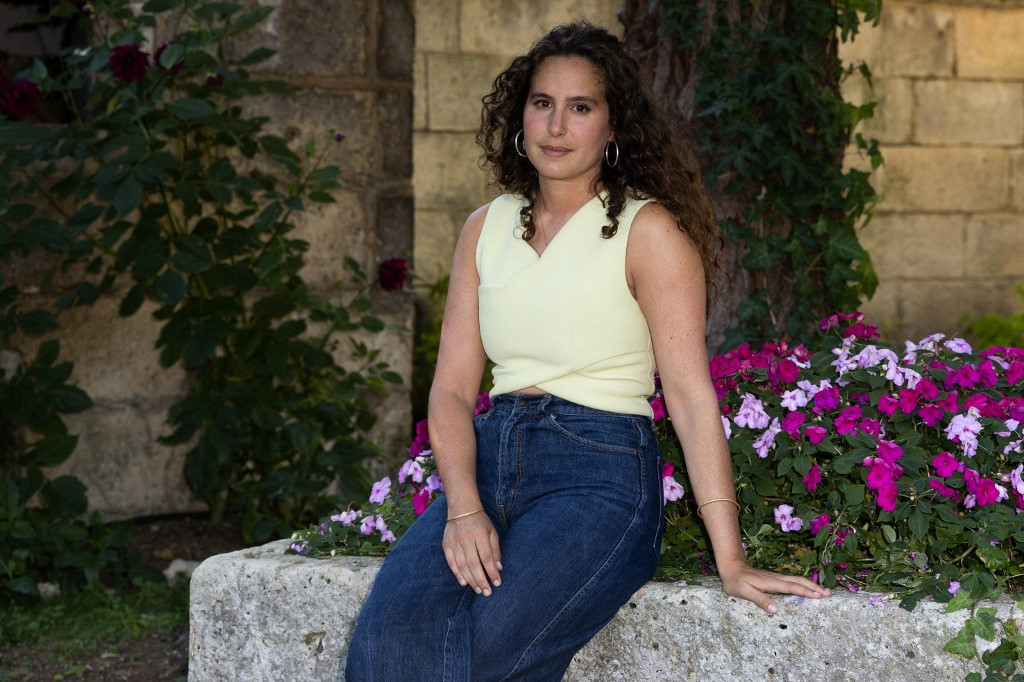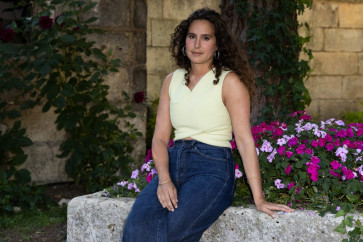Popular Reads
Top Results
Can't find what you're looking for?
View all search resultsPopular Reads
Top Results
Can't find what you're looking for?
View all search resultsYoung women are breaking the silence of French immigrants
A reckoning, led by young female writers, filmmakers, and researchers, is belatedly underway in France over its colonial past.
Change text size
Gift Premium Articles
to Anyone
W
hen writer Kaoutar Harchi was a little girl growing up in Strasbourg two decades ago, her teacher gave her a book with the inscription, "To my little Arab".
"It profoundly shocked me and I've never forgotten it," said Harchi, now 34 and a successful novelist and sociologist in Paris.
"It was a way of assigning me to my origins, to say that I was not French."
A reckoning is belatedly underway in France over its colonial past.
It is led by young female writers, filmmakers, and researchers like Harchi who are challenging the old myth that the millions who were brought for work after World War 2 -- primarily from Algeria and Morocco -- were perfectly integrated under the welcoming umbrella of French citizenship.
"France in the 1950s and 1960s was a place where, if you were Algerian and you were taking the metro, you would stick close to the wall because you were afraid someone would push you," said Salima Tenfiche, a researcher at Paris University.
This past weekend marked the 60th anniversary of the Paris Massacre, when dozens, perhaps hundreds, of Algerian independence protesters were killed by police, many of them drowned in the Seine -- an incident wiped from the national memory for decades.



















